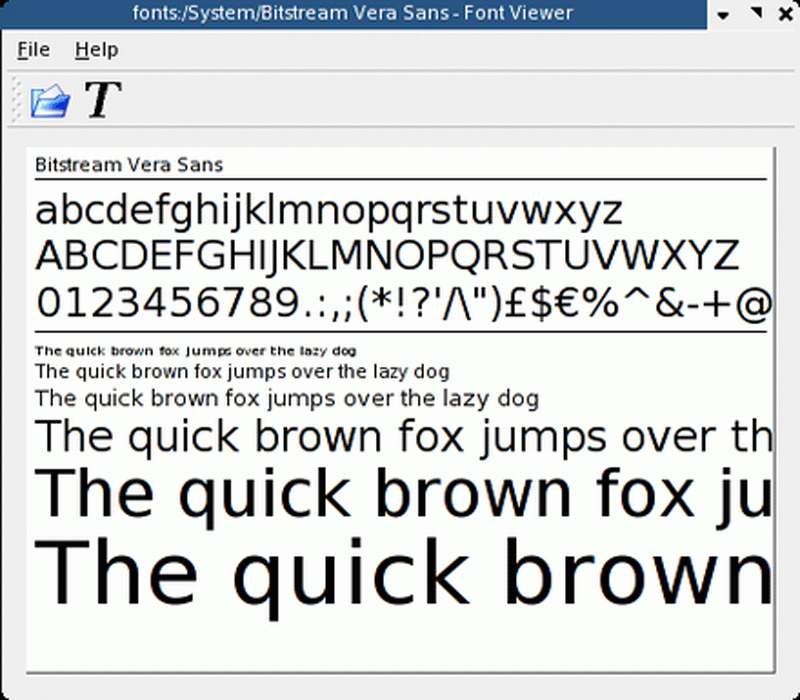
Ever since 1885 when the first pangram was introduced (a pangram being a sentence using all the letters of the alphabet at least once, the purpose of which originally was to test out new typewriters), there have been various alternatives. The original one was “A quick brown fox jumps over the lazy dog” but there have been several interesting ones since then: “Pack my box with five dozen liquor jugs” is a popular one while the shortest one (that makes any sense) is “How quickly daft jumping zebras vex”. A slightly less contrived one is “Amazingly few discotheques provide jukeboxes” while “Mr. Jock, TV quiz Ph. D., bags few lynx” is considered the perfect pangram as it only uses each letter once.
We will all recognise the importance of knowing the letters of the alphabet. As adults, we will no doubt be familiar with, and use, the NATO spelling alphabet in which words are used to stand for alphabetical letters in oral communication. A is for Alfa, B is for Bravo, C is for Charlie, with the words to follow being Delta, Echo, Foxtrot, Golf, Hotel, India, Juliet, Kilo, Lima, Mike, November, Oscar, Papa, Quebec, Romeo, Sierra, Tango, Uniform, Victor, Whiskey, X-ray, Yankee and Zulu.
Children of course learn the alphabet right at the start of their school days using different words to those mentioned above. So, for children A is for Apple, B is for Ball, C is for Cat, D is for Dog, E is for Elephant and so on, right through to Y is for Yellow and Z is for Zoo. They must learn the letters of the alphabet, how they are pronounced and how they fit together.
We would do well, then, to ensure that we use the code letters for the core values we must instil in our children — this is, after all, as we have been saying all along, what school is about. Schools are there primarily for the characters we are developing, for the social lessons we are instilling in our children; it is not about academic knowledge. What then may the core values alphabet look like?
A is for Accountability (we do not live in isolation or in a void but with others). B is for Belief (behind all our actions there must be belief, conviction in what we are doing — no uncertainty). C is for Courage (to make the right decisions, to face hard situations). D is for Dignity (to be able to hold our heads held high in all that we do). E is for Encouragement (as we live with and therefore rely on others, so we must help, inspire, equip, strengthen them). F is for Forgiveness (as we all make mistakes, we will all need forgiveness). G is for Grace (whereby we go the extra mile, give more than is deserved, as we too long for that from others). H is for Humility (we consider others before and better than us). I is for Integrity (doing the right thing right even when no-one else sees). J is for Justice (we must be fair). K is for Kindness (everyone deserves some such). L is for Loyalty (not to people, as they may be acting inappropriately, but to these values). M is for Mercy (who does not need it?). N is for Nurture (growth comes through this). O is for Openness (transparency in our communications, willingness to change). P is for Perseverance (along with Patience and Pace). Q is for Quality (not quantity, in our relationships and work). R is for respect (for all these values as well as for all people). S is for Service (life is not all about self). T is for Trust (given and received). U is for Understanding (others as much as ourselves). V is for Vigour (strength to cope). W is for Wisdom (not simply knowing right from wrong but right from right). X is for X Factor (that part of each of us that is different from all others). Y is for Yang (positivity, energy). Z is for Zeal (passion, drive)
While they need to know the alphabet, it is even more important that children learn the values of the alphabet, how they are acted out and how they fit together. We must teach them this alphabet of core values as a basis for their lives as the alphabet of code letters is the basis for their learning.
Pangrams do not always seem to make sense, even if they appear clever; having alphabet values for all of us to live by does make sense. When it comes to placing people in an unbiased way, the best way to do so is deemed to be by alphabetical order; when it comes to living by these values, none are more important than the others. We are talking of principles of life that we all need to abide by, not simply children. The world will be a better place if we all did — and is that not what we are wanting? Let us learn the alpha-bet better by these values — then we will make it the alpha-best.
- Tim Middleton is the executive director of the Association of Trust Schools [ATS]. The views expressed in this article, however, are solely those of the author in his private capacity and do not necessarily represent the views of the ATS.
- email: [email protected]
- website: www.atschisz
- Grace Mugabe’s first husband Goreraza dies
- Soldiers run amok in Chegutu
- 3 Air Force paratroopers injured during drills
- Ishan basks in Annatoria collabo glory







